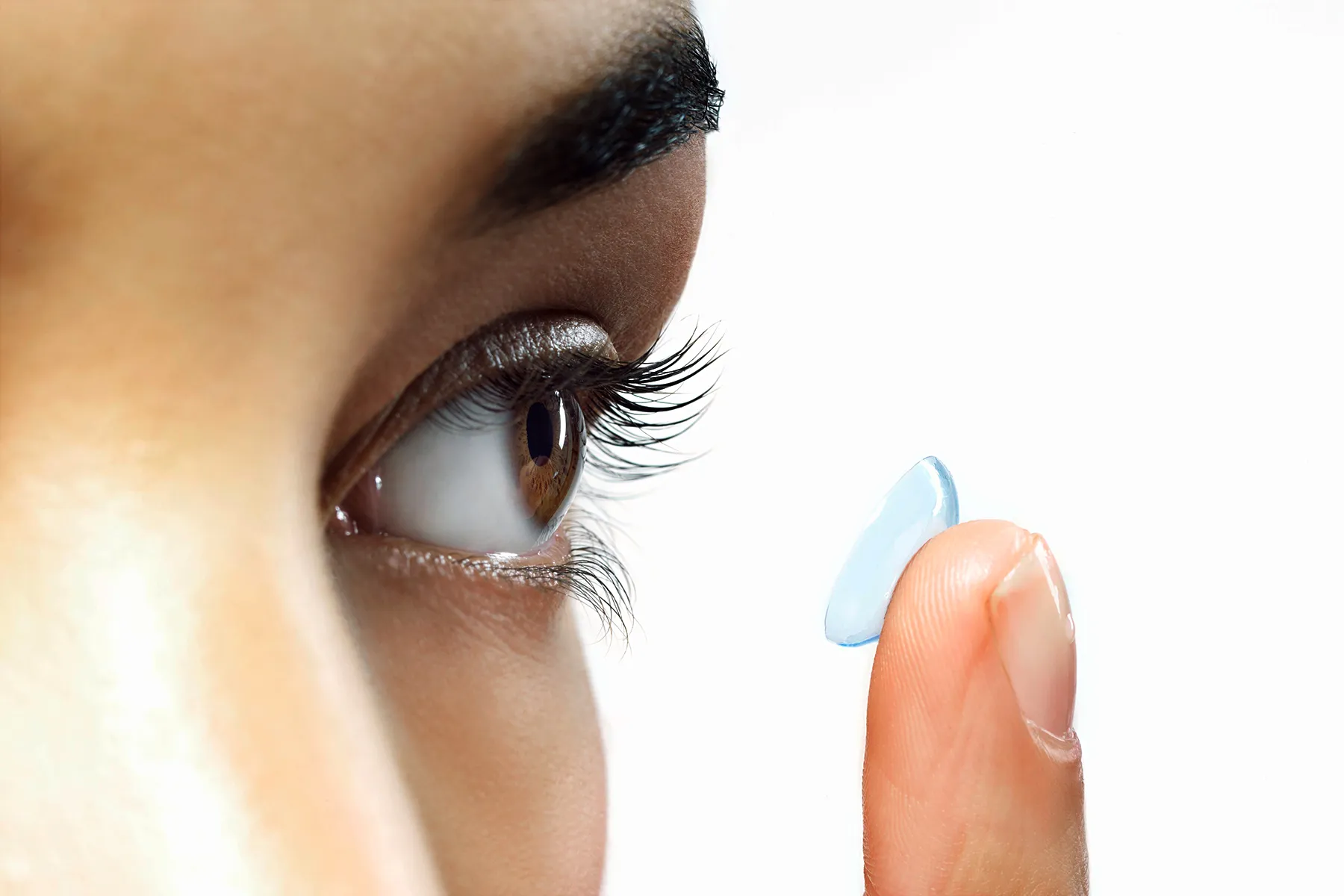Reusable contact lenses increase risk of rare eye infection: study
September 23, 2022 – People who wear reusable contact lenses are about four times more likely to get sight-threatening acanthamoeba keratitis (AK) than people who wear daily disposable lenses, according to a study published in the journal Ophthalmology.
Researchers say contact lens wearers can easily reduce their risk by not wearing their lenses while swimming or showering. They also advise that “No Water” stickers be placed on contact lens packages.
Health authorities have seen an increase in AK cases in the UK and Europe in recent years, said the study’s lead author John Dart of UCL’s Institute of Ophthalmology and Moorfields Eye. Hospital NHS Foundation Trust. A press release. The infection is rare but still warrants a public health response, he said.
“Contact lenses are generally very safe but are associated with a low risk of microbial keratitis, most often caused by bacteria, which is the only sight-threatening complication of their use,” he said. “Given that approximately 300 million people worldwide wear contact lenses, it is important that people know how to minimize their risk of developing keratitis.”
AK causes corneal inflammation due to infection with acanthamoeba, a cyst-forming microorganism, according to the press release. About a quarter of severely affected patients end up with less than 25% of their vision or become blind. About 25% of people need a corneal transplant to treat disease or restore vision.
Over 200 Moorfields Eye Hospital patients responded to a survey, 83 of them with AK. They were compared to a control group of 122 people who presented to eye care clinics with other conditions.
According to the study, people who wore reusable soft contact lenses were 3.8 times more likely to develop AK, compared to people who wore daily disposable lenses. Showering with lenses increased the odds of KA by 3.3 times, while wearing lenses overnight increased the odds by 3.9 times.
Researchers said 30% to 62% of cases in the UK could be prevented if people switched from reusable lenses to daily disposable lenses.
“Basic contact lens hygiene can go a long way in preventing infection, such as washing and drying your hands thoroughly before putting your lenses in,” Dart said.


Comments are closed.